Prime Minister Anthony Albanese has announced the terms for an independent review of the Bondi Beach terror attack which claimed the lives of 15 people, including a 10-year-old child.
The review, led by Dennis Richardson AC, will review…
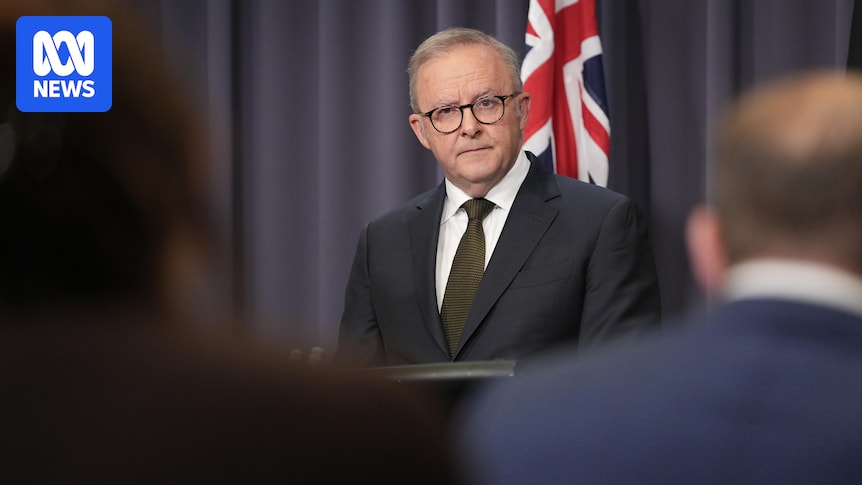
Prime Minister Anthony Albanese has announced the terms for an independent review of the Bondi Beach terror attack which claimed the lives of 15 people, including a 10-year-old child.
The review, led by Dennis Richardson AC, will review…
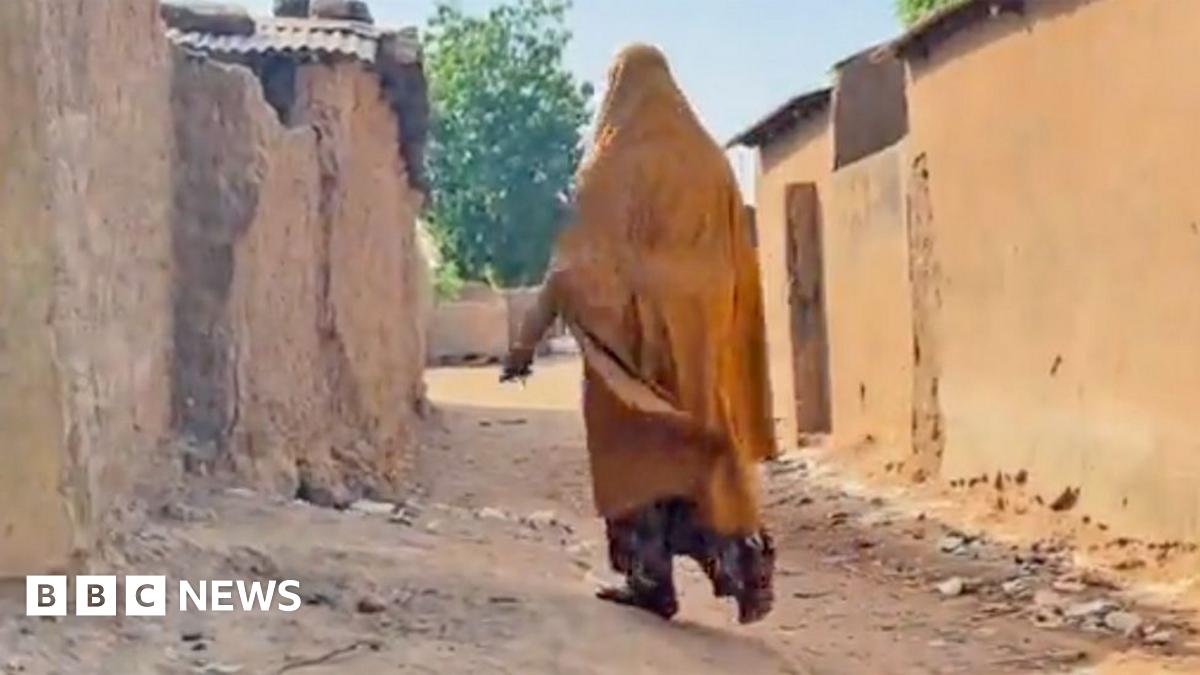
Deep fear has long pervaded the arid savannah plains and highlands of north-western Nigeria – even before the US air strikes on the Islamist militants who have made this area their base on Christmas night.
The heavily armed jihadists, who dress in…
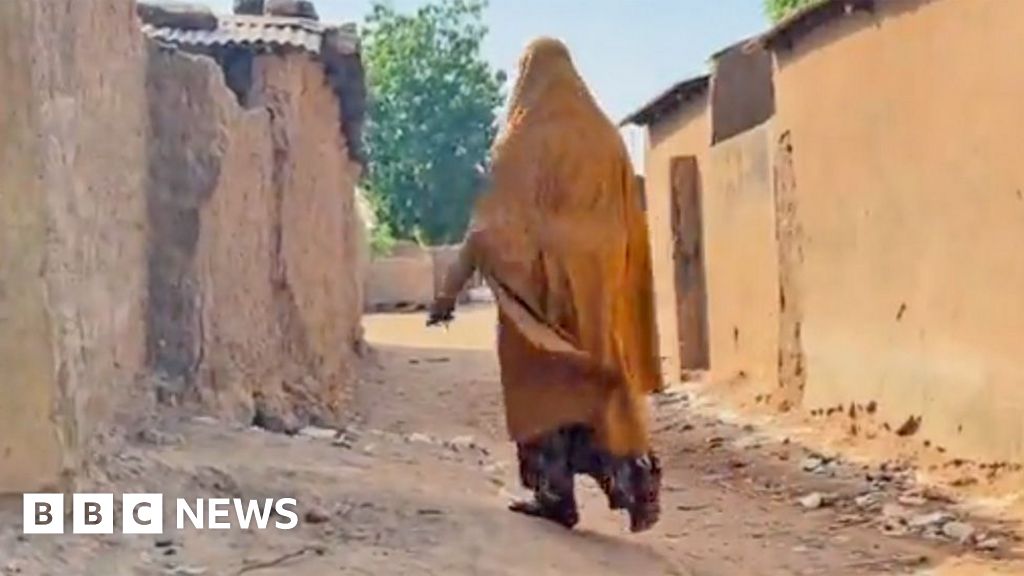
Makuochi OkaforBBC Africa
 Gift Ufuoma/BBC
Gift Ufuoma/BBCDeep fear has long pervaded the arid savannah plains and highlands of north-western Nigeria -…
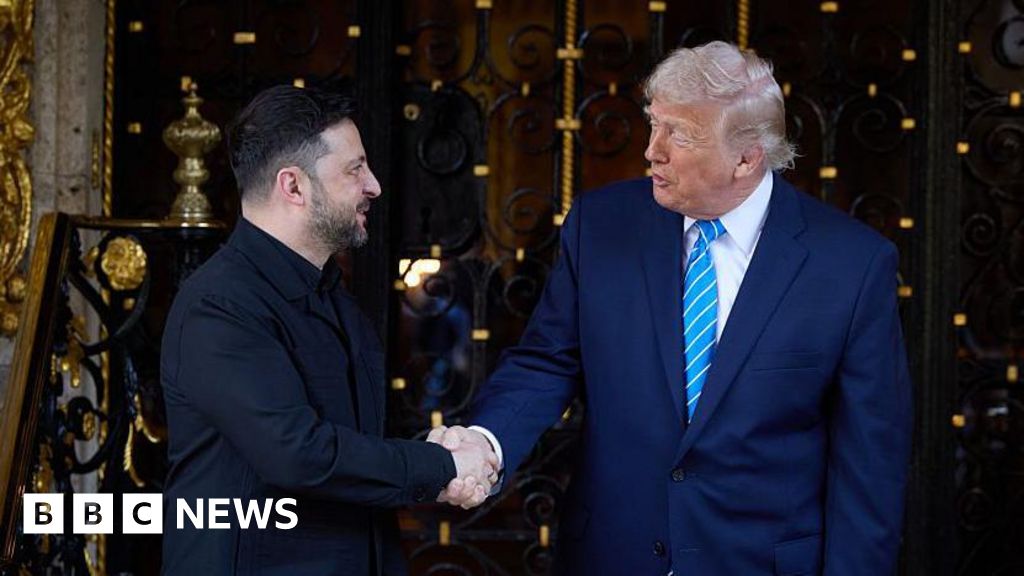
The much-anticipated talks lasted two-and-a-half hours, and that’s an achievement in itself. Presidents Trump and Zelensky had never before spent this long in one room, negotiating.
Afterwards, optimism was much on display at Mar-a-Lago. It was a…
The Iran-backed Houthis have halted their attacks on Israel since a fragile truce began in Gaza in October. File
| Photo Credit: Reuters
The…
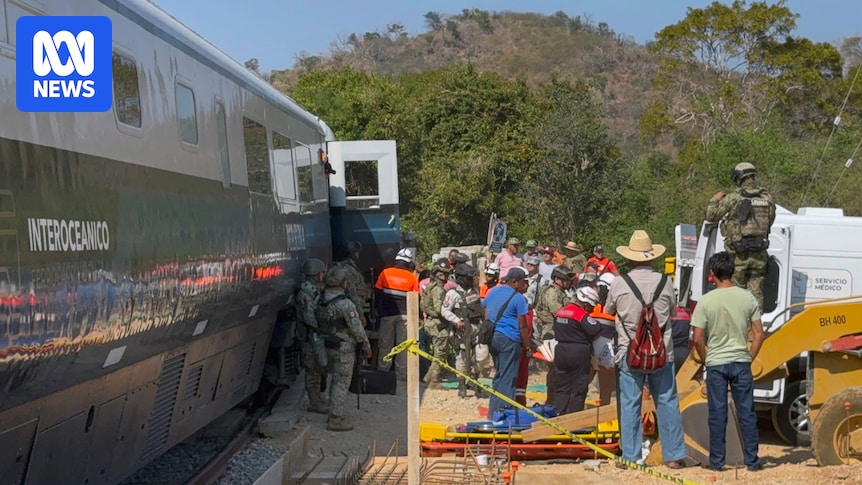
At least 13 people have been killed after a train derailed in the south of Mexico, local authorities have said.
The Mexican Navy said the train was carrying 250 people, nine of whom were crew members, when it derailed in the state of Oaxaca.
Of…

Richard Milne’s reporting on Donald Trump’s appointment of Louisiana governor Jeff Landry as special envoy for Greenland is thorough in its recounting of events, reactions and diplomatic fallout (Report, December 24). Yet it misses a deeper,…
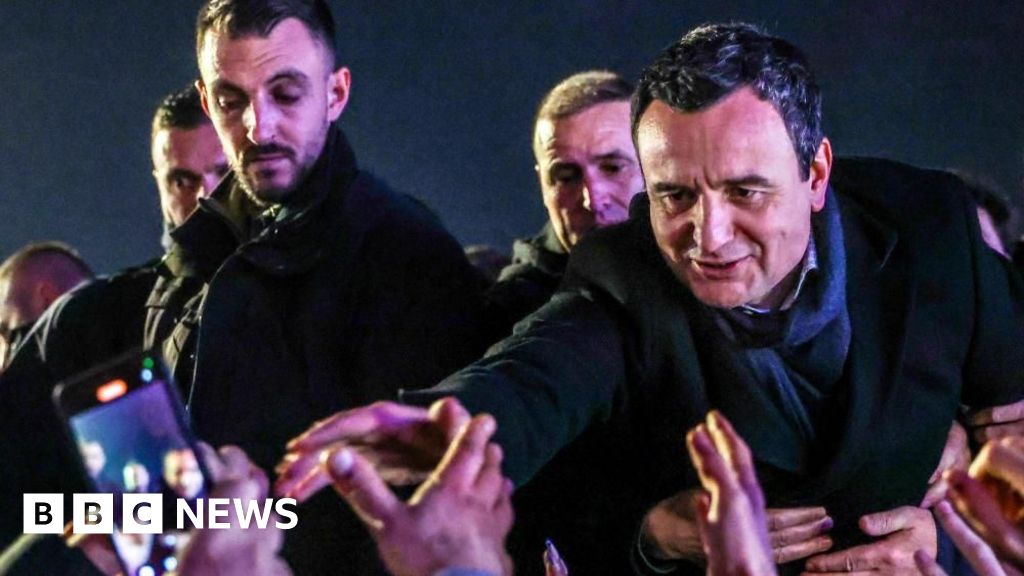
The Albanian nationalist Vetevendosje party has won a landslide victory in Kosovo’s parliamentary elections, according to preliminary results.
With 90% of the votes counted, the party, whose name means “self determination”, was on 50.8%, meaning…